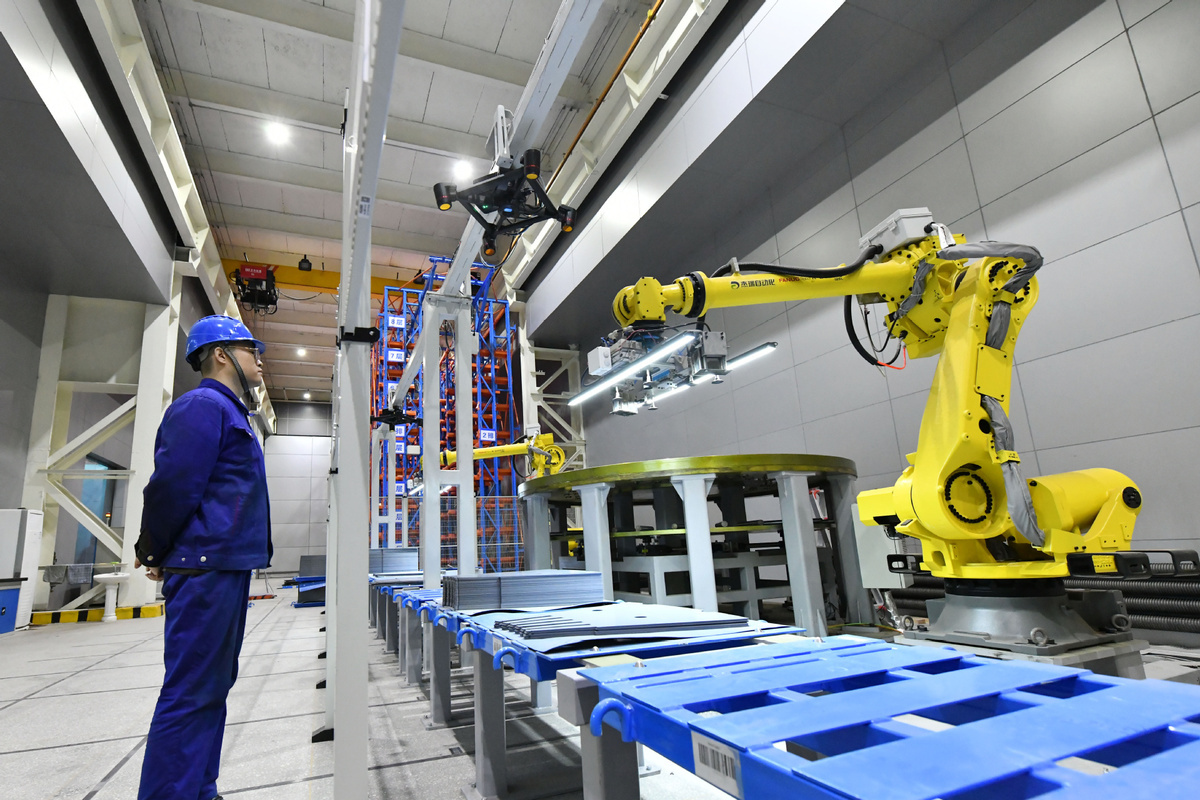Western media piling on the gloom with intent


According to the headlines of some mainstream US media, China's economy is in trouble. Here are just a few examples:
CNBC: "China may have run out of imaginative solutions to tough problems"
Time magazine: "China's economic slump is here to stay"
Wall Street Journal: "What's wrong with China's economy, in eight charts"
These and other stories like them want you to believe that China is heading toward a period of deep, dark economic uncertainty, and that the repercussions for the country, its people and the global community are going to be significant. You should be skeptical of such dramatic reporting, because the Western narrative about China is based on two pillars that are evident in almost all hard-news reporting about the country.
The first pillar of that narrative is that China is not as good as the West, and therefore anything it does must be incomplete, inadequate or bad.
China's recent rollout of its C919 commercial airplane, the first domestically built airliner, is an example. One expert said China's assertion that the aircraft is homegrown is nonsense because "the C919 is unique in that almost nothing that keeps it in the air is from China". However, with a majority of the aircraft's components coming from China, one is left to wonder if the country's aviation sector is being unfairly criticized because it has not yet built its own airplane engines or other major parts.
Once it does, then what?
The second pillar of the Western narrative: China is determined to destroy the Western-created world order, and if it succeeds, the damage will be immense and painful for the so-called free world. The US Council on Foreign Relations, which rarely has anything positive to say about China, recently suggested that China will support international efforts that align with its norms, but will try to "undermine" policies that do not support what it seeks to accomplish. Even if that statement were true, then what are we to say about the United States and its willingness to dismiss global ideas that it does not like? Blocking cease-fire resolutions emanating from the United Nations relating to the crisis in Gaza is the most recent example of US intransigence.
Put another way, China has as much right as any other nation to promote and defend its domestic and international initiatives across the world.
Those two pillars of bias, which could be summarized as "they are not like us" and "they are out to get us", should be kept in mind when you read Western-media suggestions of the inevitable economic chaos that will affect China.
Let's turn to the World Economic Outlook, published in January by the International Monetary Fund, for a different perspective. That document suggests that global economic growth is pegged at 3.1 percent for 2024 and 3.2 percent for 2025 because of "upgrades" to the economic forecast for "China, the United States, and large emerging markets and developing economies".
China's GDP growth in 2024 was projected by the IMF at 4.6 percent, far higher than any Western-based G7 country. (The IMF projects that US growth will be 2.1 percent.) Nevertheless, Reuters has suggested that 4.6 percent is simply not good enough, saying that China may be unable to "mount a strong and sustainable post-COVID pandemic bounce". Yet Reuters is full of praise for the prospects of the US realizing 2.1 percent growth, concluding that "the global economy is on course to hold up better this year than expected only a few months ago as an improved outlook in the United States offsets eurozone weakness".
The IMF has had to offer the reminder that "over the past decade and a half, China has been the main driver of the world's economic growth, accounting for 35 percent of global nominal GDP growth, while the United States accounted for 27 percent".
China's annual Government Work Report, delivered on Tuesday, suggests that the Chinese economy will grow by 5 percent this year, a figure that should not be considered unreasonable.
Just last week, Qian Jin, the deputy consul general of China in New York, issued an important statement about China and its economy. Qian said China's economic development remains "steady", with "high quality" being the theme of such development. Furthermore, quoting from a 2023 World Intellectual Property Organization report, Qian said China is home to "the world's largest number of top 100 science and innovation clusters".
Did any major Western news agency offer reporting or analysis of his remarks? Of course not, because such information runs counter to the aforementioned negative narrative about China.
The author is an associate professor in the Department of Communication and Organizational Leadership at Robert Morris University in Pennsylvania.

































